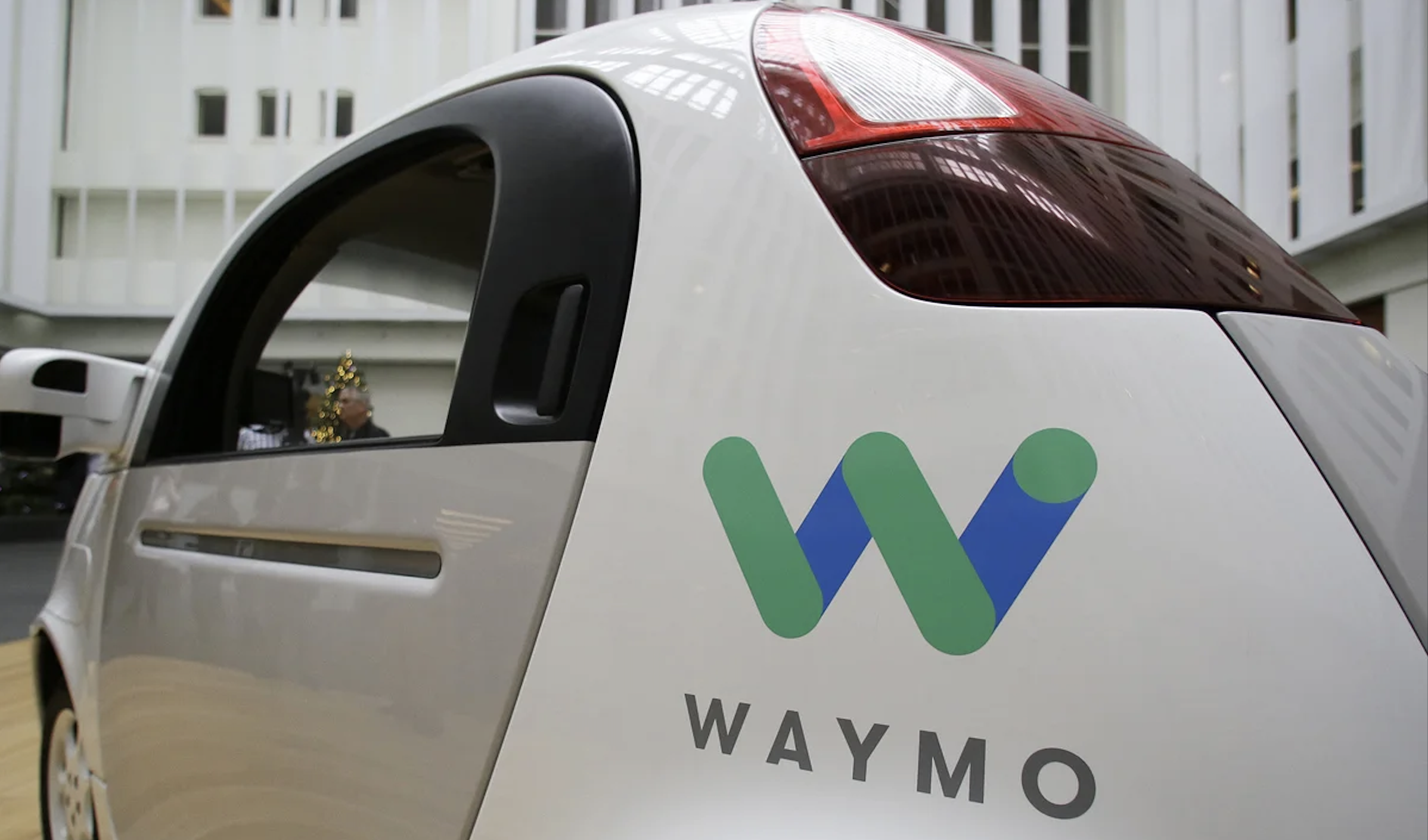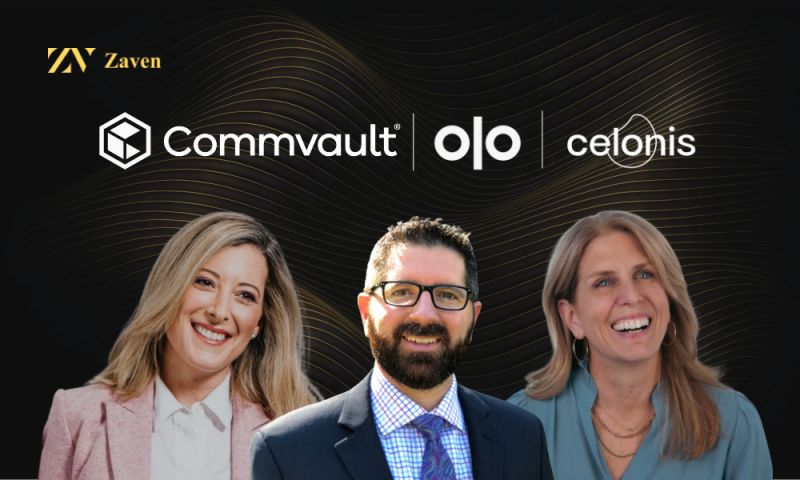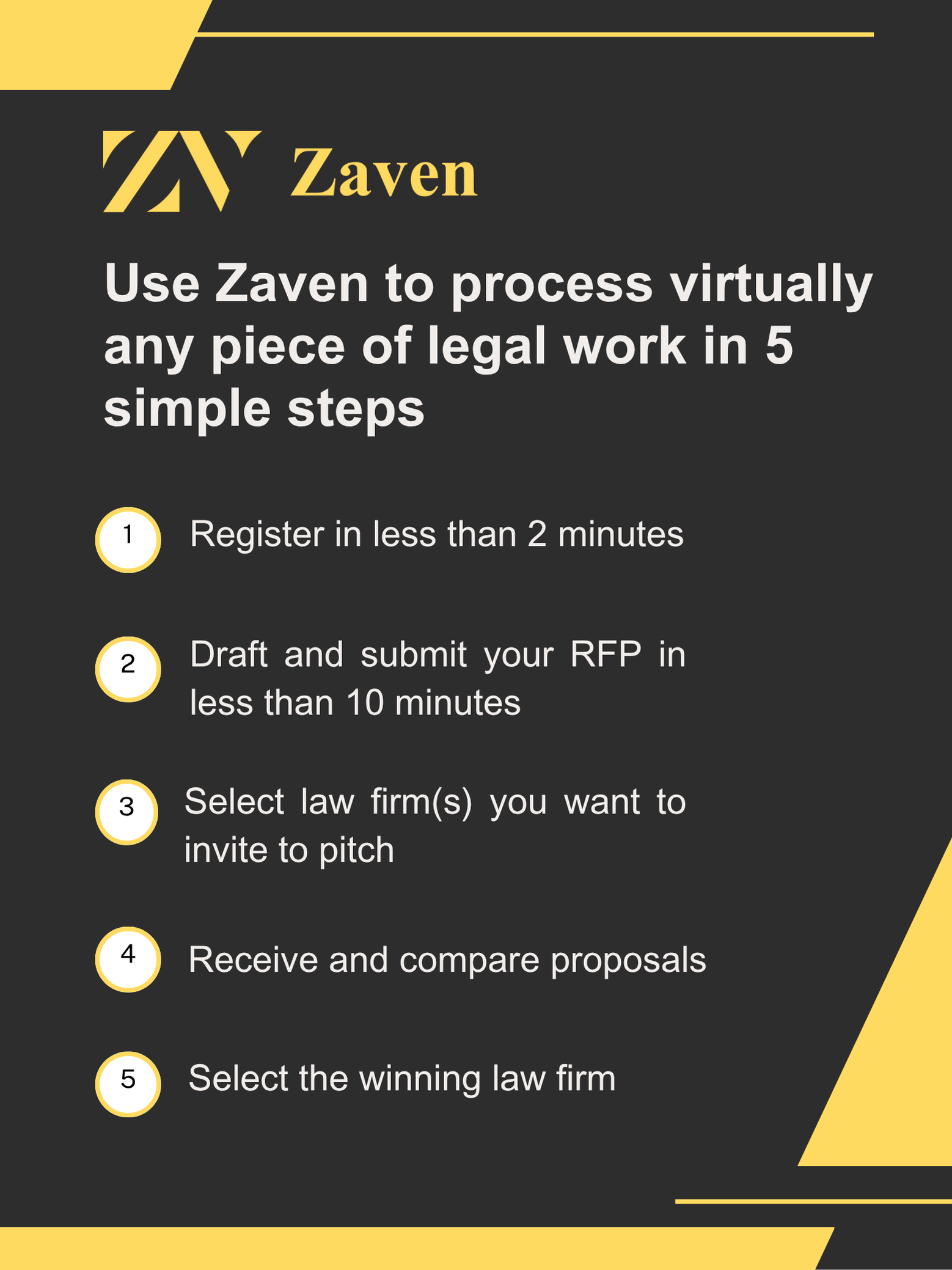Source: Artifical Lawyer
After 20 years and $30 billion, Waymo has achieved truly autonomous vehicles navigating San Francisco’s complex streets. For anyone experiencing these self-driving cars, it’s a transformative “it just works” moment that offers crucial lessons for legal AI.
Two Different “Very Hard Problems”
Waymo solves navigation in a three-dimensional world filled with unpredictable drivers, weather, and construction zones. Legal AI tackles a different challenge: understanding human meaning in text, applying complex legal reasoning, and producing work meeting professional standards.
Consider the progression of difficulty in legal AI:
- Easy: Summarizing client emails
- Medium: Finding relevant case materials
- Hard: Searching firm files while respecting permissions
- Very Hard: Drafting complete legal documents with perfect accuracy
- Extremely Hard: Autonomously managing client feedback without human oversight
Each step exponentially increases complexity, requiring legal judgment, business context, and risk assessment.
Investment Reality
Waymo’s journey shows the scale needed for breakthrough technology. Legal AI operates with far smaller investments and shorter timelines. Most legal tech companies rely on foundation models from OpenAI, Google, and Anthropic rather than building core AI—creating both opportunities and constraints.
From Promise to Reality
Both industries suffered years of overpromising. Waymo’s breakthrough demonstrates that persistence and massive investment can bridge the gap. Their vehicles now handle 25% of San Francisco rides with just 300 cars, operating longer hours than human drivers.
Key Lessons for Legal AI
Assistant vs. Autonomous: Current legal AI tools help with task portions while requiring oversight. True breakthrough comes when AI handles complete workflows with humans as quality checkers—like Waymo’s remote monitoring without onboard drivers.
Foundation Model Dependence: Unlike Waymo’s controlled technology stack, legal AI companies must work within third-party model constraints. Success requires exceptional skill in data curation and model fine-tuning.
Precision Requirements: Legal work demands extraordinary accuracy. Unlike other AI applications where “good enough” suffices, legal AI must meet professional liability standards.
Specialization Strategy: Waymo succeeded by focusing on specific cities rather than solving general autonomous driving everywhere. Legal AI may benefit from deep specialization in particular practice areas.
The Path Forward
Legal AI will eventually achieve true workflow automation—the question is timing. Success requires high-quality legal data, deep workflow understanding, sophisticated AI engineering, and patience to iterate through countless edge cases.
When legal AI reaches its “Waymo moment,” lawyers will trust AI for complete tasks with the same confidence they place in other automated systems. The breakthrough is coming—it’s just a matter of when.
Read more: Artificial Lawyer






